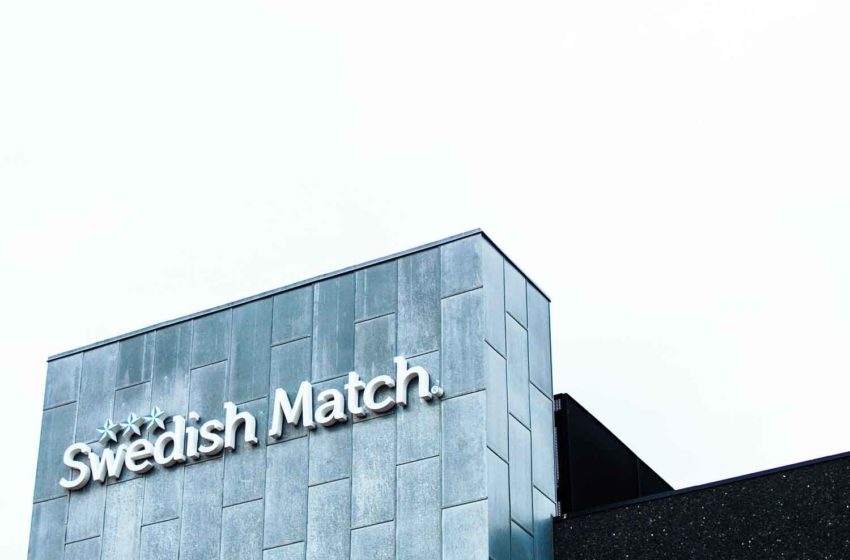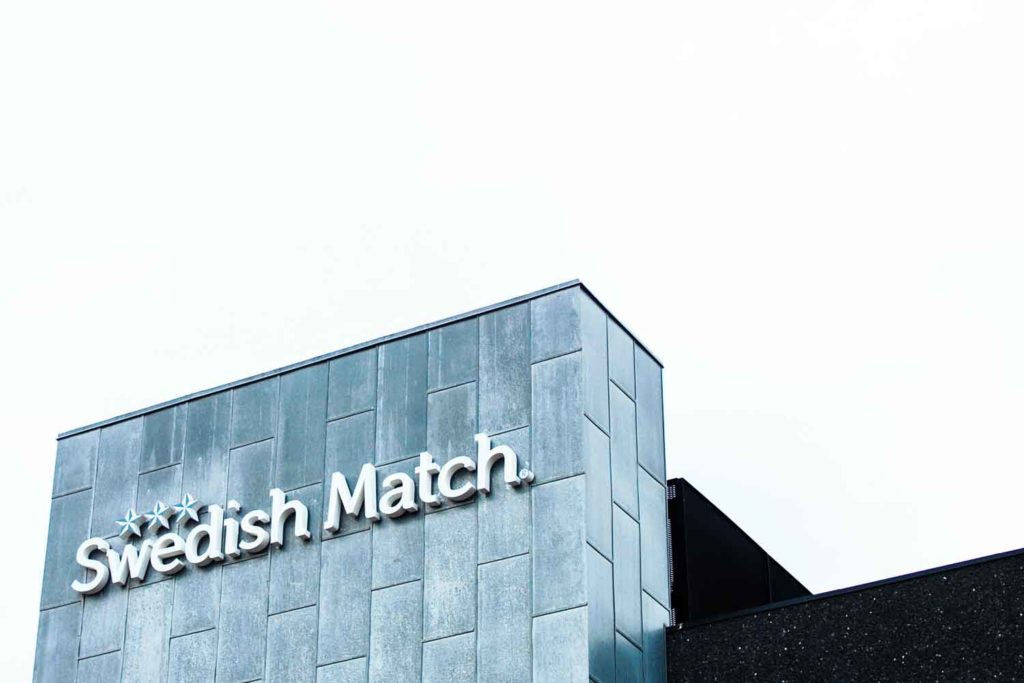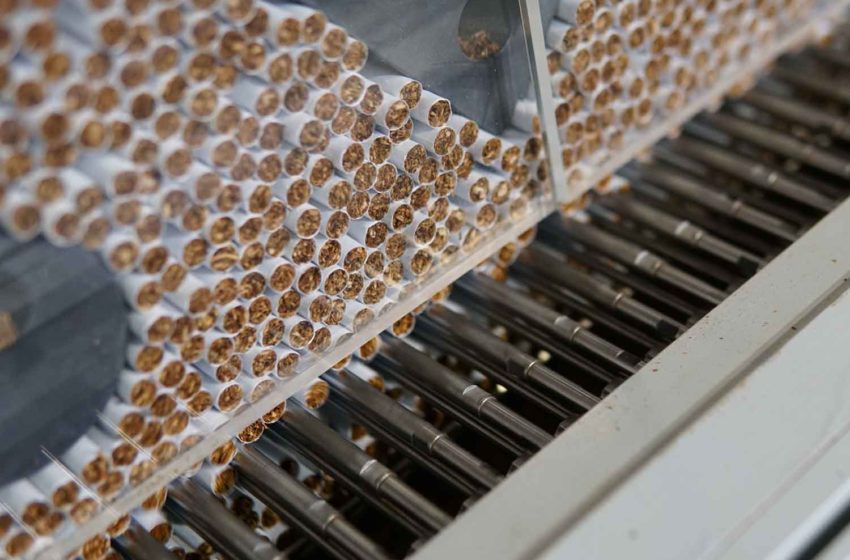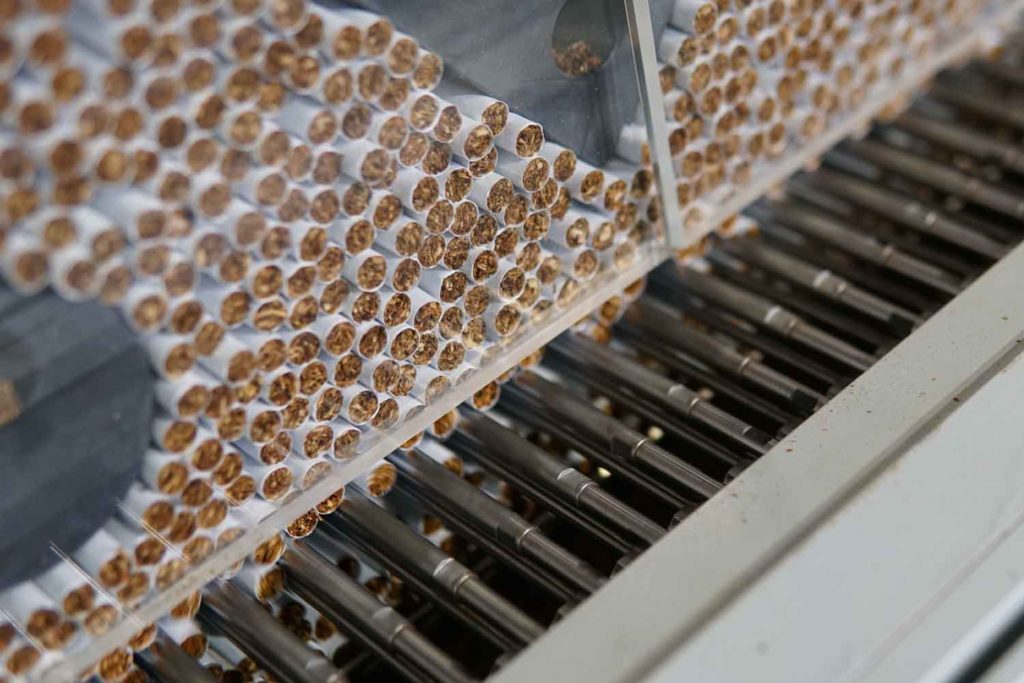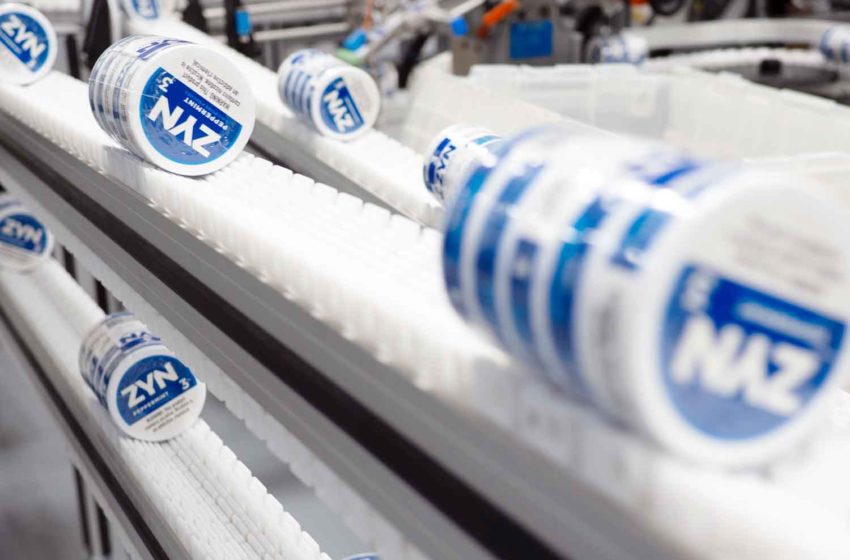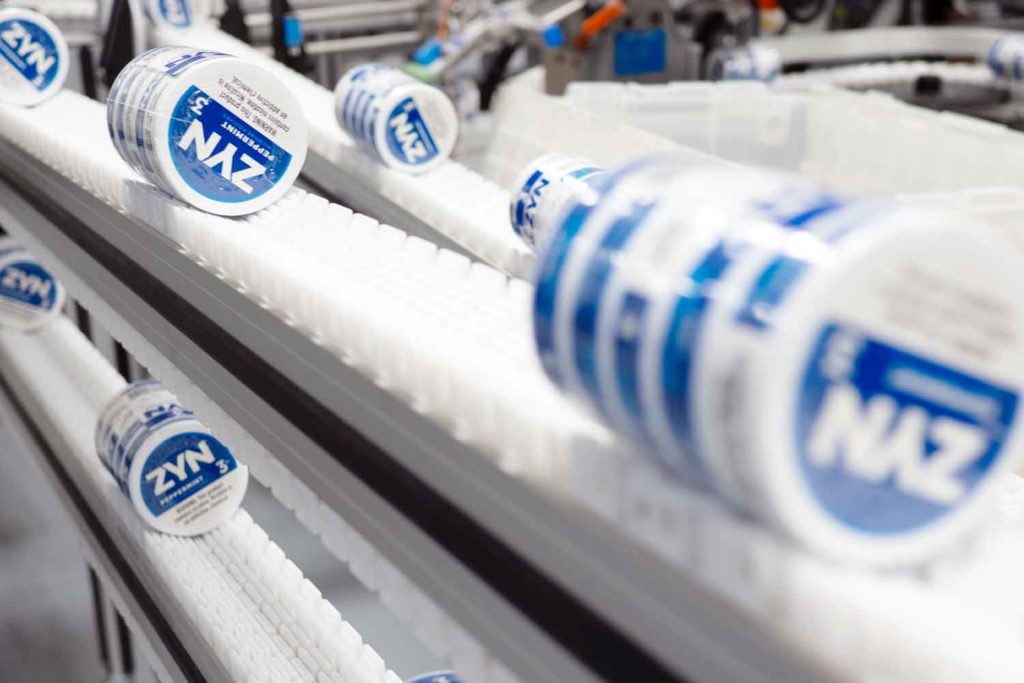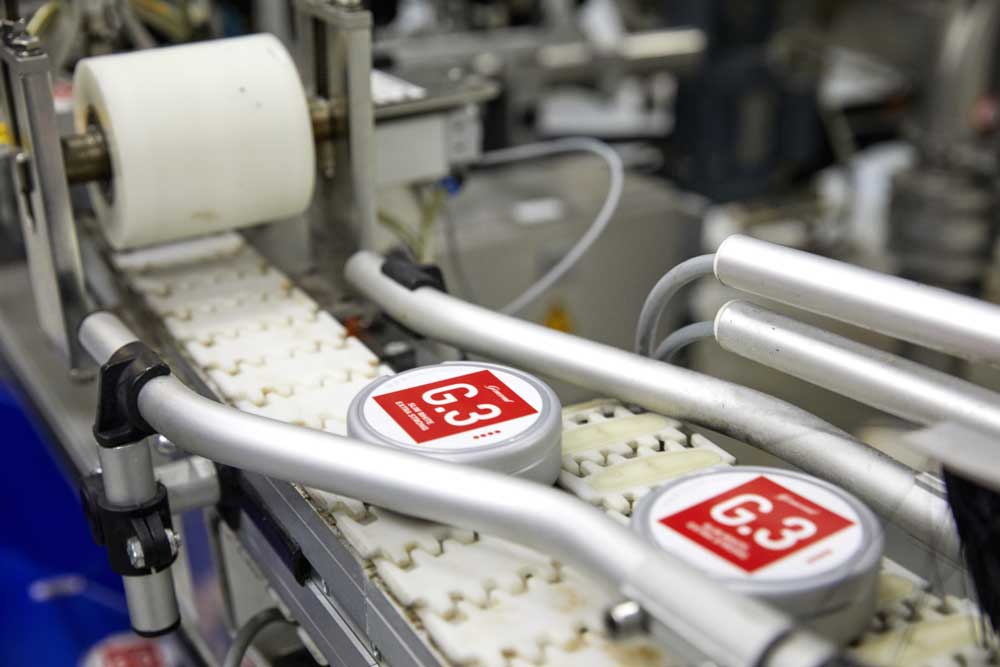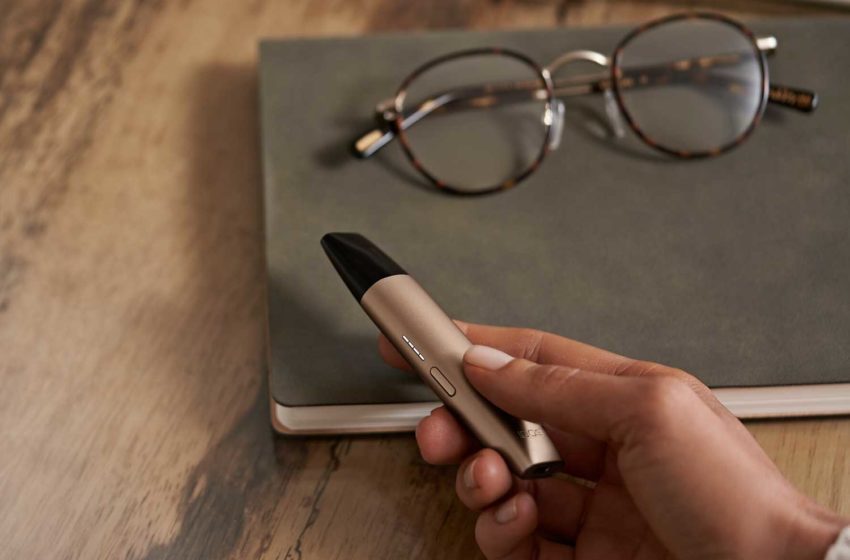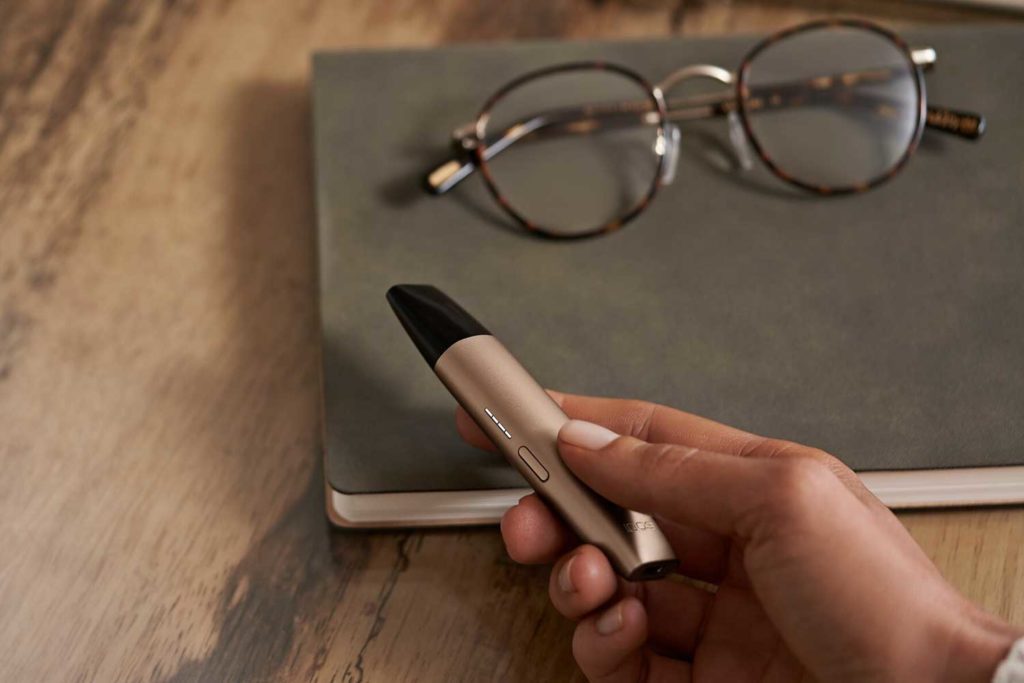A takeover of Swedish Match would give Philip Morris International a comprehensive portfolio of reduced-risk products.
By Stefanie Rossel
Philip Morris International may take a giant step this year toward its goal of becoming a smoke-free company. In May, the multinational offered $16 billion to acquire Swedish Match, a Stockholm-based maker of oral nicotine products known for brands such as Zyn, General, Oliver Twist and Longhorn. If accepted by shareholders, PMI CEO Jacek Olczak said in a webcast on May 11, the deal would greatly accelerate the fulfilment of PMI’s smoke-free ambitions and position it to lead that transformation in the industry. PMI aims to reach more than 50 percent smoke-free net revenues by 2025 as compared to 30 percent in the first quarter of 2022 and essentially zero in 2015, when the company launched its IQOS heated-tobacco product.
The takeover has the potential to greatly benefit both companies. Swedish Match’s large portfolio of pouch and snus brands is largely complementary to that of PMI, and company cultures and organizations of both businesses are a fit, Olczak emphasized. The Swedish manufacturer shares PMI’s vision of working toward a smoke-free future without cigarettes; more than two-thirds of its revenues and around three-quarters of operating profits are from smoke-free products.
Around one quarter of sales are generated by Swedish Match’s cigar business, which the company in 2021 planned to separate via a spin-off to shareholders and a subsequent listing on a U.S. securities exchange. However, in mid-March this year, Swedish Match’s board of directors decided to suspend the preparations for the contemplated spinoff until further notice.
If Swedish Match’s shareholders approve the takeover, it would give PMI a comprehensive global reduced-risk products portfolio with leading positions in heated tobacco and nicotine pouches, the fastest-growing category of oral nicotine, with potential for accelerated international expansion, Olczak explained. Together with PMI’s emerging presence in the vape segment through its Veev product, the combined companies would have a strong position with brands across all three major smoke-free platforms, Olczak pointed out. The merger would add more than 3 million adult users of smoke-free products to PMI’s roughly 18 million IQOS users.
Strong in the U.S. Smoke-Free Market
The Swedish company is also well established in geographies where PMI would like to expand its smoke-free products. Of Swedish Match’s sales, more than 64 percent come from the U.S. and 29 percent come from Scandinavia.
An important aspect of the deal is Swedish Match’s strong position in the lucrative U.S. market. Excluding China, the U.S. nicotine industry is the world’s largest by value, with retail value accounting for around 30 percent of the international market. Around 34 million Americans smoke.
In smoke-free products, the U.S. alone generates more than half the retail value of all other countries bar China combined. In 2021, the U.S. smoke-free market accounted for about 23 percent of the country’s total nicotine volume, and its retail value continues to grow strongly at a compound annual growth rate (CAGR) of around 13 percent since 2018, according to Olczak. The purchase of Swedish Match would increase PMI’s directly addressable market for smoke-free products in the U.S. by approximately 60 percent.
Of the U.S. $1 billion nicotine pouches category, Swedish Match holds a 64 percent volume share with its fast-growing Zyn brand. The product’s extraordinary performance catalyzed the category in the U.S. in 2021, leading to an expansion of volumes by approximately 80 percent last year alone, Olczak said. With more than 500 salespeople, access to over 150,000 points of sale and manufacturing and support functions, Swedish Match has a substantial platform in the U.S. In 2019, eight products sold under Swedish Match’s General snus brand received the first modified-risk tobacco product (MRTP) orders from the Food and Drug Administration.
To date, PMI has made only limited progress in the U.S.’ growing smoke-free market. In the U.S. and elsewhere, the company has zero or negligible presence in the nicotine pouch category, according to Olczak. And while IQOS, too, has received MRTP orders, PMI had to halt the product’s U.S. rollout in November 2021, when the International Trade Commission (ITC) ruled that the heat-not-burn device infringed on two BAT patents.
PMI had intended to commercialize IQOS under an exclusive licensing agreement with Altria Group’s PMI USA subsidiary. Following the ruling, PMI USA was forced to remove the product from the market.
In February, during the company’s full-year 2021 earnings call, Altria CEO Billy Gifford said that while he didn’t expect to have access to IQOS devices or Marlboro Heat Sticks in 2022, his company remained focused on returning IQOS to the U.S. market as soon as possible. According to the ITC ruling, PMI can either change IQOS’ design, which would require it go through the cumbersome FDA authorization process again, or manufacture the product domestically. The company has opted for the latter, Olczak revealed in an interview, but he didn’t disclose where in the U.S. production will take place. However, the company said it plans to start selling IQOS again in the first half of 2023.
Leading in Modern Oral Nicotine
The global nicotine pouch market is valued at around $2 billion, having grown by approximately 65 percent in 2021. Here, too, Swedish Match leads the category with a volume share of about 40 percent. PMI anticipates the modern oral nicotine category’s retail value to grow by a CAGR of 30 percent to 40 percent over the next five years, with the rest of Europe overtaking fast-growing Scandinavia in the next three years. PMI views low-income and middle-income countries as attractive targets for nicotine pouches, given the products’ simplicity, affordability and ease of use.
This is where the advantages for Swedish Match from a potential deal would come in: In addition to benefiting from access to the resources of a much larger corporation, IQOS’ extensive international commercial infrastructure and PMI’s complimentary development capabilities would provide Swedish Match with a significant international opportunity for Zyn. PMI is committed to invest in the nicotine pouch category, according to Olczak. Leveraging the strengths of the companies’ respective nicotine offerings could translate into great potential for PMI’s position in Scandinavia.
Whether the deal will be completed remains to be seen. Swedish Match’s board of directors accepted PMI’s offer and recommended to do the same to its shareholders. Under Swedish law, some 90 percent of shareholders need to agree to the deal for it to proceed. Several investors have objected to the takeover, claiming it was unclear whether the offer price sufficiently reflected the long-term value of Swedish Match. Swedish Match is a fast-growing and profitable company, experiencing a CAGR of more than 17 percent, excluding currency fluctuations between 2018 and 2021, and increasing its cash from operating activities at a CAGR of 20 percent during the same period, from $426 million in 2018 to $738 million in 2021.
In July, U.S. activist investor Elliott was rumored to be building a stake in Swedish Match to stop the deal, according to Bloomberg. Opposing shareholders can have a significant impact: In 2021, pharma company Astra Zeneca blocked a $7.6 billion takeover of Swedish player Orphan Biovitrum by withholding its 8 percent stake in the company from a buyout offer.
In the case of Swedish Match, things may turn out differently. Mads Rosendal, an analyst at Danske Bank, wrote in a research note that it was unlikely that Elliot will succeed in building a large enough stake in Swedish Match to thwart the deal on its own.
Of course, the deal will take effect only after the last signature has been placed. Swedish Match shareholders have until Oct. 21, 2022, to accept the offer.






